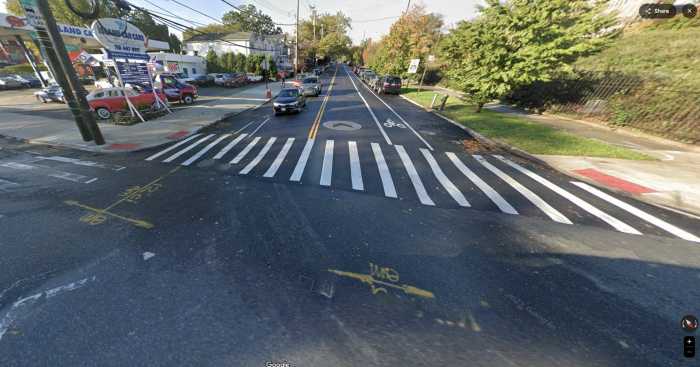Navigating the legal system without an attorney is hard enough. Its even harder if you are an undocumented immigrant, dont speak much English and have HIV or AIDS.
To help a population that faces discrimination and even deportation based on its medical condition, a free legal services program has begun at Queens Pride House, a community center in Woodside for lesbian, gay, bisexual and transgender (LGBT) people.
Gay Mens Health Crisis (GMHC), the countrys oldest organization for people with AIDS, will send its staff attorneys to Queens Pride House on a rotating basis every Friday from 10 a.m. to 5 p.m. to help HIV/AIDS clients in need of legal counsel on immigration and other matters. A paralegal and intern from CUNY Law School will also be on hand to handle up to five appointments a day.
The idea is that more people with HIV and AIDS will come forward if services are located in their own neighborhood. The program will provide interpreters for Spanish and other foreign language speakers, and assures complete confidentiality for its clients, many of whom fear being outed as LGBT or HIV positive and ostracized by their community.
In addition, "It was felt that the need was particularly great in Queens because, as we know, there is a huge immigrant population, many people have limited English proficiency and may be reluctant to seek out services," said Pauline Park, secretary of Queens Pride House.
"Our numbers have told us that Queens is where we should be going to provide services to this community," said Evelyn Tossas Tucker, director of GMHC Legal Services. The organizations survey of client zip codes in its Manhattan office revealed that many of them lived in Queens.
According to the citys Health Department, nearly 17,000 people in Queens, many of them from communities of color, are living with HIV and AIDSconditions that can lead to discrimination in housing and employment, or preclusion of immigrants receiving green cards, which subjects them to possible deportation.
"Anyone with HIV who is applying for a green card needs to work with a specialist who knows how to do it," said Vishal Trivedi of GHMC Legal Services. The group has succeeded in winning US residency for several of its HIV/AIDS clients despite a tightening of immigration laws in the late 1990s and after September 11.
"We hope that this program will help reach people who might not have had access to much-needed legal services," said Park, noting that legal aid could also channel people into medical treatment. "It will be a small but crucial element in the campaign against this deadly disease."
For more information on legal services for people with HIV/AIDS, call (718) 651-4945 or (212) 367-1040.






























